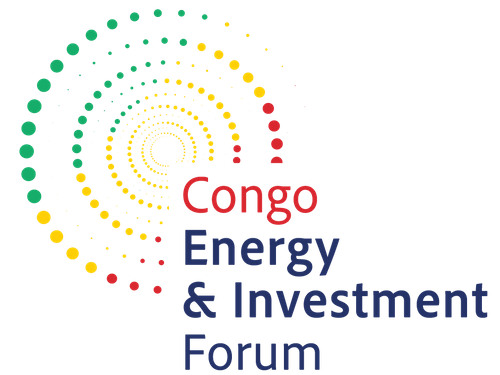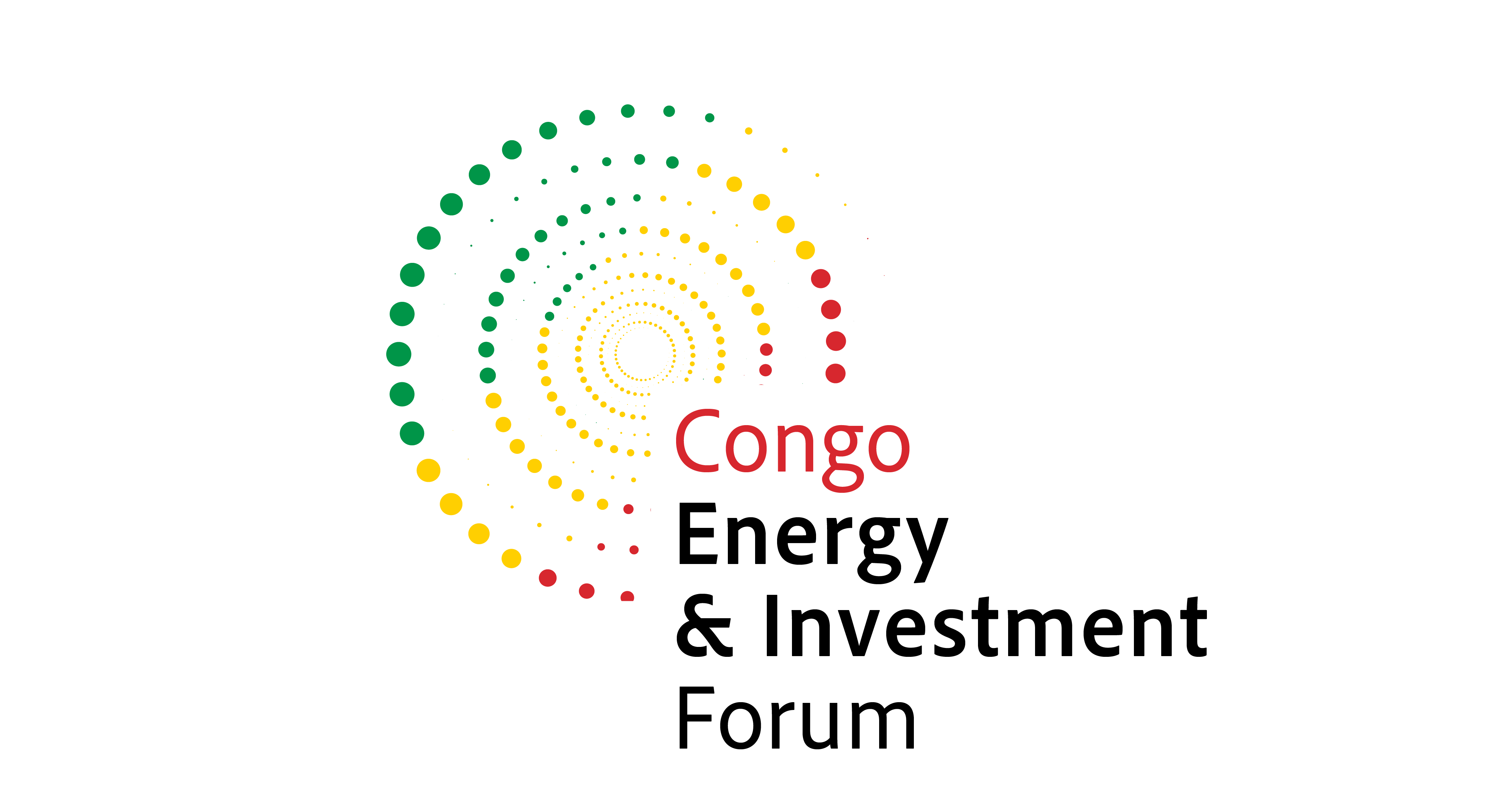PROMAR Expands Fleet to 45 Vessels, Strengthening Offshore Support in Congo
)
International shipping company PROMAR has expanded its fleet to 45 vessels operating globally and in the Republic of Congo, reinforcing its commitment to supporting the country's oil and gas industry. Energy Capital & Power spoke with Country Manager of PROMAR Congo, Sébastien Bordonado, about the company’s customized fleet management strategies, compliance with international maritime safety standards, local capacity-building initiatives and its approach to addressing environmental challenges in the Congolese maritime sector.
What types of vessels currently make up PROMAR’s fleet in Congo, and how are they tailored to meet the specific demands of the offshore oil and gas industry?
PROMAR started with a single vessel over 20 years ago and now operates a diversified fleet of 45 vessels. These vessels, tailored to meet the needs of customers, include platform supply vessels (PSVs) , multi-purpose support vessels (MPSVs) and Fast Crew Boat (FCB). Each of our vessels, 100% owned by our group, has been built specifically to meet the needs of our customers. For example, the Mamola Serenity vessel, designed and built for one of our customers in Congo, has been operating without interruption in the country since 2009 and is a perfect illustration of our ability to provide customized, efficient solutions.
What initiatives has PROMAR implemented in the Republic of Congo to ensure compliance with international standards, particularly in maritime safety?
We adhere to international maritime safety standards, ensuring all our operations meet or exceed regulatory requirements. We’ve implemented a robust ship management system, certified by Bureau Veritas. They classify our vessels and inspect engines, safety systems and equipment. This ensures that each vessel meets safety and flag compliance, with a certification valid for one year, giving our customers confidence in our vessels’ operational standards.
Regular training is provided to our crew, and we invest in technology and infrastructure. For example, we’ve integrated ecological solutions like water recovery and rainwater harvesting, and we regularly receive high marks in audits.
To what extent does PROMAR contribute to the development of local skills in the Congolese maritime sector?
We are implementing several key initiatives to support this mission. We train our employees to ensure they meet international standards. We provide high-quality training facilities and reference pilots to mentor new recruits. Most of our employees are local, with about 90% of our staff being Congolese including senior positions such as CFO, logisticians and department managers. Our approach is to train competent individuals from within rather than hiring already-trained personnel, fostering a sense of belonging and encouraging knowledge-sharing within the company.
What recent or ongoing projects is PROMAR undertaking to diversify its services in Congo?
Our priority remains the impeccable quality of our services. As a traditional shipowner, we firmly believe in the importance of mastering what we do. That said, we are also actively exploring opportunities to diversify our services in Congo, while remaining true to our core expertise. We are constantly assessing the market to identify unmet needs and niches where our know-how can add significant value. This includes expanding our existing activities and exploring new services that complement our core competencies. The aim is to strengthen our positioning while offering our customers more comprehensive and integrated solutions. It's a move that requires caution and precision, but we're committed to evolving in a thoughtful way to better serve the Congolese market.
How does PROMAR plan to adapt to future developments in the maritime sector, particularly in relation to emerging technologies and environmental challenges?
We prioritize innovation to stay ahead of industry changes. We’ve integrated efficient water recovery systems and are exploring renewable energy sources like wind turbines and solar panels for our operations. Additionally, we monitor fuel consumption using the FMS system to optimize efficiency and minimize waste. We also work with Renatura to protect the seabed, showing our commitment to the environment. We loaned a boat for the creation of the Loango protected area and participated in environmental surveys alongside Total Energies. We have a 360° vision, focusing on resilience and innovation. The oil and gas market’s fluctuations require us to constantly adapt, and we rely on locally applicable regulatory standards to guide our initiatives. Continuous technological adaptation is vital for our sustainable growth in the maritime industry.


